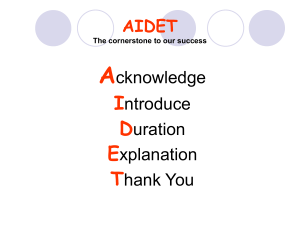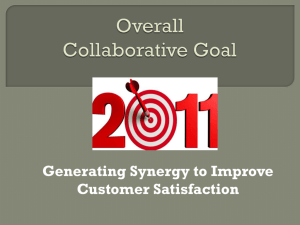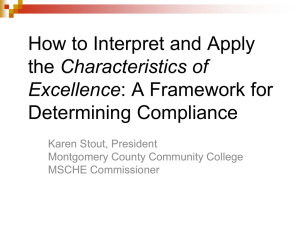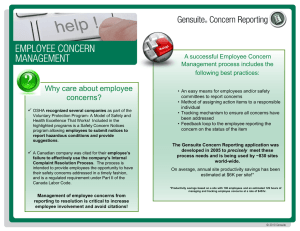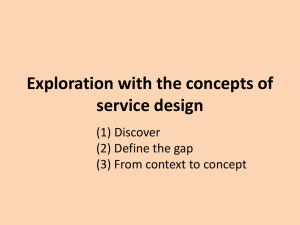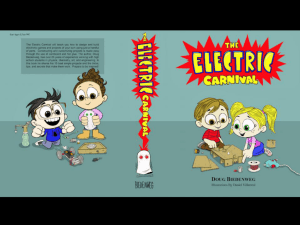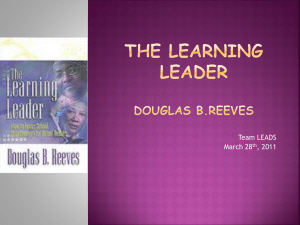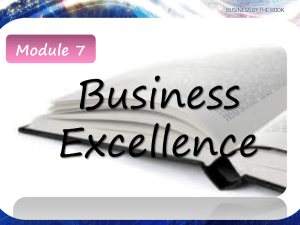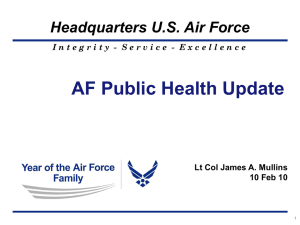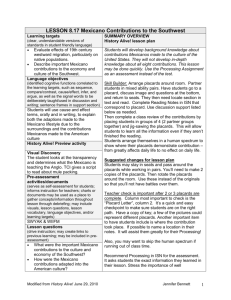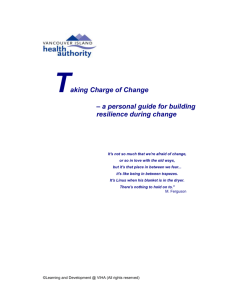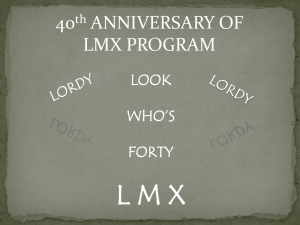Making A Title Slide
advertisement
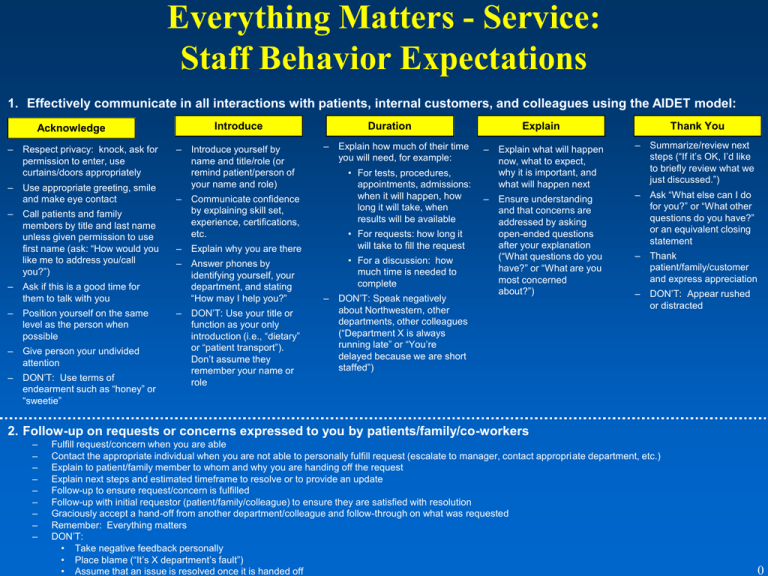
Everything Matters - Service: Staff Behavior Expectations 1. Effectively communicate in all interactions with patients, internal customers, and colleagues using the AIDET model: Introduce Acknowledge – Respect privacy: knock, ask for permission to enter, use curtains/doors appropriately – Use appropriate greeting, smile and make eye contact – – Call patients and family members by title and last name unless given permission to use first name (ask: “How would you like me to address you/call you?”) – – Position yourself on the same level as the person when possible Explain why you are there – Answer phones by identifying yourself, your department, and stating “How may I help you?” – Give person your undivided attention – DON’T: Use terms of endearment such as “honey” or “sweetie” – – Communicate confidence by explaining skill set, experience, certifications, etc. – Ask if this is a good time for them to talk with you – Introduce yourself by name and title/role (or remind patient/person of your name and role) Duration DON’T: Use your title or function as your only introduction (i.e., “dietary” or “patient transport”). Don’t assume they remember your name or role Explain how much of their time you will need, for example: – • For tests, procedures, appointments, admissions: when it will happen, how long it will take, when results will be available Explain what will happen now, what to expect, why it is important, and what will happen next – Ensure understanding and that concerns are addressed by asking open-ended questions after your explanation (“What questions do you have?” or “What are you most concerned about?”) • For requests: how long it will take to fill the request • For a discussion: how much time is needed to complete – Explain DON’T: Speak negatively about Northwestern, other departments, other colleagues (“Department X is always running late” or “You’re delayed because we are short staffed”) Thank You – Summarize/review next steps (“If it’s OK, I’d like to briefly review what we just discussed.”) – Ask “What else can I do for you?” or “What other questions do you have?” or an equivalent closing statement – Thank patient/family/customer and express appreciation – DON’T: Appear rushed or distracted 2. Follow-up on requests or concerns expressed to you by patients/family/co-workers – – – – – – – – – Fulfill request/concern when you are able Contact the appropriate individual when you are not able to personally fulfill request (escalate to manager, contact appropriate department, etc.) Explain to patient/family member to whom and why you are handing off the request Explain next steps and estimated timeframe to resolve or to provide an update Follow-up to ensure request/concern is fulfilled Follow-up with initial requestor (patient/family/colleague) to ensure they are satisfied with resolution Graciously accept a hand-off from another department/colleague and follow-through on what was requested Remember: Everything matters DON’T: • Take negative feedback personally • Place blame (“It’s X department’s fault”) • Assume that an issue is resolved once it is handed off 0 Everything Matters: Service Training Program Components Module 1: Kick-off Event (45 minutes) • Goals: – Introduce Service excellence – Introduce service principles – Provide employees with 3-5 behaviors that they can start immediately – Generate excitement for initiative • Approach – Series of all employee meetings at end of April – Use of music, video, patient stories – Sign pledge placards as tangible commitment to making service matter – Post placards in internal hallways Module 2: Classroom Training (4 hours) • Goals: Module 3 and 4: Leadership Training (8 hours) • Goals: – Introduce importance of effective communication – Set expectations for managers for service excellence – Teach AIDET as a tool to enhance communication – Provide tools to support embedding and sustaining improved service performance in their areas – Teach “soft” communication skills (active listening, open ended questions, etc.) – Reinforce need for follow through – Set behavior expectations for staff • Approach “Take it Local” Dept. Mtgs and Ongoing Communication • Goals: – Adapt AIDET and service behaviors to the work of a specific department – Continue focus on service excellence over time • Approach – Provide a tool kit for ongoing reference – Department meeting agendas – Prepare for “take it local” department meeting – Department meeting activities • Approach – Communication plan – Video examples – Video examples – Role playing – Role playing – Written exercises – Written exercises – Tool kit – Prepare for Department Meeting 1
